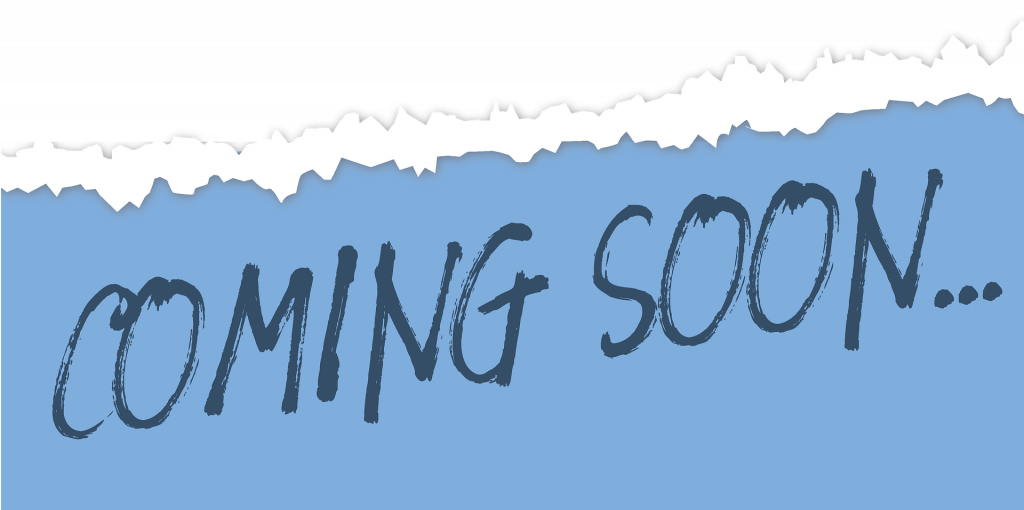Bookings now open for UCL Open Science Conference 2022
By Kirsty, on 15 March 2022
 We are very pleased to finally be able to announce that bookings are officially open for the UCL Open Science conference 2022!
We are very pleased to finally be able to announce that bookings are officially open for the UCL Open Science conference 2022!
The conference is taking place online across two days, and as a special trial run this year we have selected one session to be run as a hybrid event, which will be available online and in person on the UCL campus. If you want to attend the conference online, and the Citizen Science session in person you will need a ticket for both.
Tickets are free and open to everyone that is interested. Sessions will be recorded and the recordings will be shared on the blog and via social media after the event.
DAY 1 – 6th April –
Morning Session: 10.00 -12.30 ONLINE
What does Open Science mean to me?
Here at UCL, the phrase ‘Open Science’ routinely refers to the steps taken to open up the research process to the benefit of the wider research community and beyond. Consequently, members of the UCL community are being actively encouraged to embrace open science practices – and the cultural changes that inevitably follow. Plus, we are subsequently well placed to explore related potential opportunities including greater transparency of the research process, maximising research potential of existing resources and embedding a greater sense of trustworthiness and accountability to your research.
However, it seems the deeper we delve into the concept of Open Science, the more we seek to contextualise this phrase and question what it means to an individual’s working practices.
Kickstart your research with Open Data and Code
This session will look at some of the approaches you can take to go beyond simply sharing your data and code and instead making it Open and FAIR – Findable, Accessible, Interoperable, and Reusable. Assuming little prior knowledge, we will hear from researchers and research technology professionals about how they approach making research software open source, techniques for openness when dealing with computational research, the role that can be played by Electronic Lab Notebooks, and data repositories in the Open Science ecosystem
Afternoon Session: 1.30-3.30pm ONLINE & IN PERSON:
How does Citizen Science change us?
Recent research about the impact of citizen science projects tends to focus on how public ‘participation’ in scientific research enhances knowledge outcomes for projects, or enhances the scientific literacy of participating citizen scientists. The benefits to participating individuals and communities are often assumed, and very little literature examines the personal dilemmas and challenges that individuals negotiate, or how citizen science projects change the behaviour of policymakers.
We aim to explore these gaps by inviting different perspectives on the question “How does citizen science change us?” Discussions will examine how participation in citizen science projects impacts on the different individuals involved – the citizen scientists, academic researchers, community members, policymakers – and ask how impacts on individuals can translate into wider political, societal and organisational transformations
This session will be online using the same link as the main conference. If you want to join this session in person, please also register on Eventbrite.
DAY 2 – 7th April – ONLINE 10.00 -12.30
10.10-11.20 UKRI Town Hall
The new UKRI Open Access policy has dominated discussions of the future of Open Access in the last year. This session proposes to allow the audience free rein to openly discuss the new policy with key members of the team at UKRI. After a brief presentation of the policy and guidance as it stands, the audience will be invited to pose their questions in an open forum.
11.20-12.30 Open Science and the Global South
Open Access publishing has been broadly embraced as a solution to the issue of paywalls which are often barriers to accessing research articles and, therefore, barriers to research itself. Open Access publishing removes the cost for those that may wish to read an article, but the publication process must still be paid for. Finding sustainable ways of doing this is a challenge, especially for institutions based in the global south where budgets may be more limited.
 Close
Close





